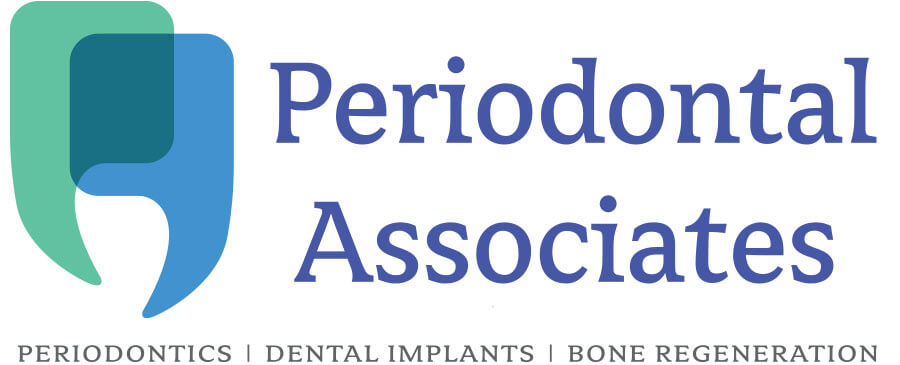
Despite being largely preventable, nearly 50% of adults over the age of 30 have some form of periodontal disease. By age 65, more than 70% of people have some form of periodontal disease, according to the Centers for Disease Control (CDC). So how can you ensure you’re amongst those who avoid periodontal disease? It starts with simple, but consistent habits.
Practice Excellent Oral Hygiene Habits at Home
There is nothing more effective at preventing periodontal disease than practicing excellent oral hygiene habits at home. This means that you should brush your teeth for a full two minutes at least twice a day. However, if you can brush your teeth after each meal, that’s even better.
You also need to floss your teeth daily to prevent periodontal disease. Although it can take some getting used to, a water pick flosser is efficient for removing debris from the gum line, than traditional dental floss.
See the Dentist Twice a Year
All children and adults need a professional dental cleaning twice a year to remove plaque. Plaque is constantly forming on the teeth. If it isn’t removed, it hardens to the teeth in the form of tartar. The tartar that builds up under the gum line is a leading cause of the first stage of gum disease, known as gingivitis.
Seek Treatment for Teeth Grinding
Grinding your teeth puts damaging pressure on the tissues that support the teeth. This can lead to loosened teeth, and deep gum pockets, which makes you more susceptible to gum disease. A night guard can immediately stop you from grinding or clenching your teeth while you sleep.
Replace Missing Teeth With Dental Implants
If you have a tooth extracted, or lose a tooth due to another reason, it’s important to replace the missing tooth as soon as possible. Dental implants are the gold standard for replacing missing teeth because they preserve the jaw bone, and last for decades.
Treat Diseased Pockets With Laser Dental Procedures
Gum disease occurs in stages. In the early stages, treatments, such as pocket depth reductions using soft tissue lasers can not only treat the current infection but can reduce the size of the pockets so that bacteria is less likely to accumulate. Laser treatments can also help regenerate new gum tissue, and help the gum tissue reattach to the bone.
Seek Immediate Treatment for Symptoms of Periodontal Disease
If you experience symptoms of periodontal disease the worst thing you can do is ignore them, or delay treatment. Periodontal disease will not go away on its own. If you experience any of the following symptoms of periodontal disease, it is crucial that you seek treatment right away.
- Bleeding gums
- Receding gums
- Tender gums
- Loose teeth
- Pain in the teeth or gums
Periodontal disease has been linked to serious and often chronic diseases and health conditions. Untreated periodontal disease increases your risks of:
- Heart Disease (coronary heart disease, infective endocarditis, heart attack)
- Stroke
- Pregnancy Problems (premature birth, low birth weight)
- Lung/Respiratory Infections (pneumonia)
- Osteoporosis (low bone density)
Schedule Treatment for Periodontal Disease Today
If you’ve been diagnosed with gum disease, it’s best to turn to a specialist for treatment. Periodontists are dentists who have completed additional training, education, and certification in the prevention, and treatment of periodontal disease. To schedule an appointment at Periodontal Associates in Framingham or Newton, MA, contact us today or send us a message to request an appointment.
